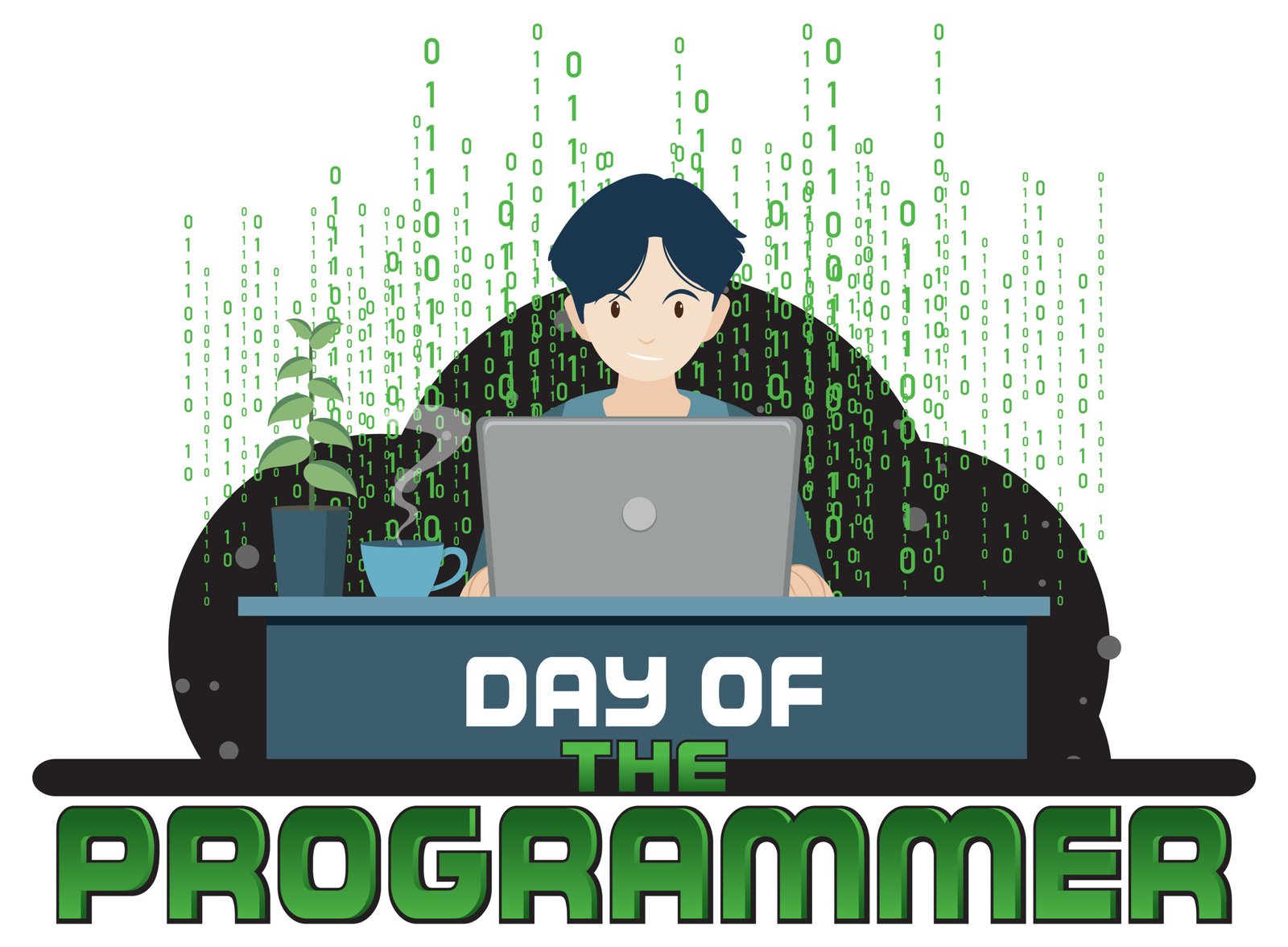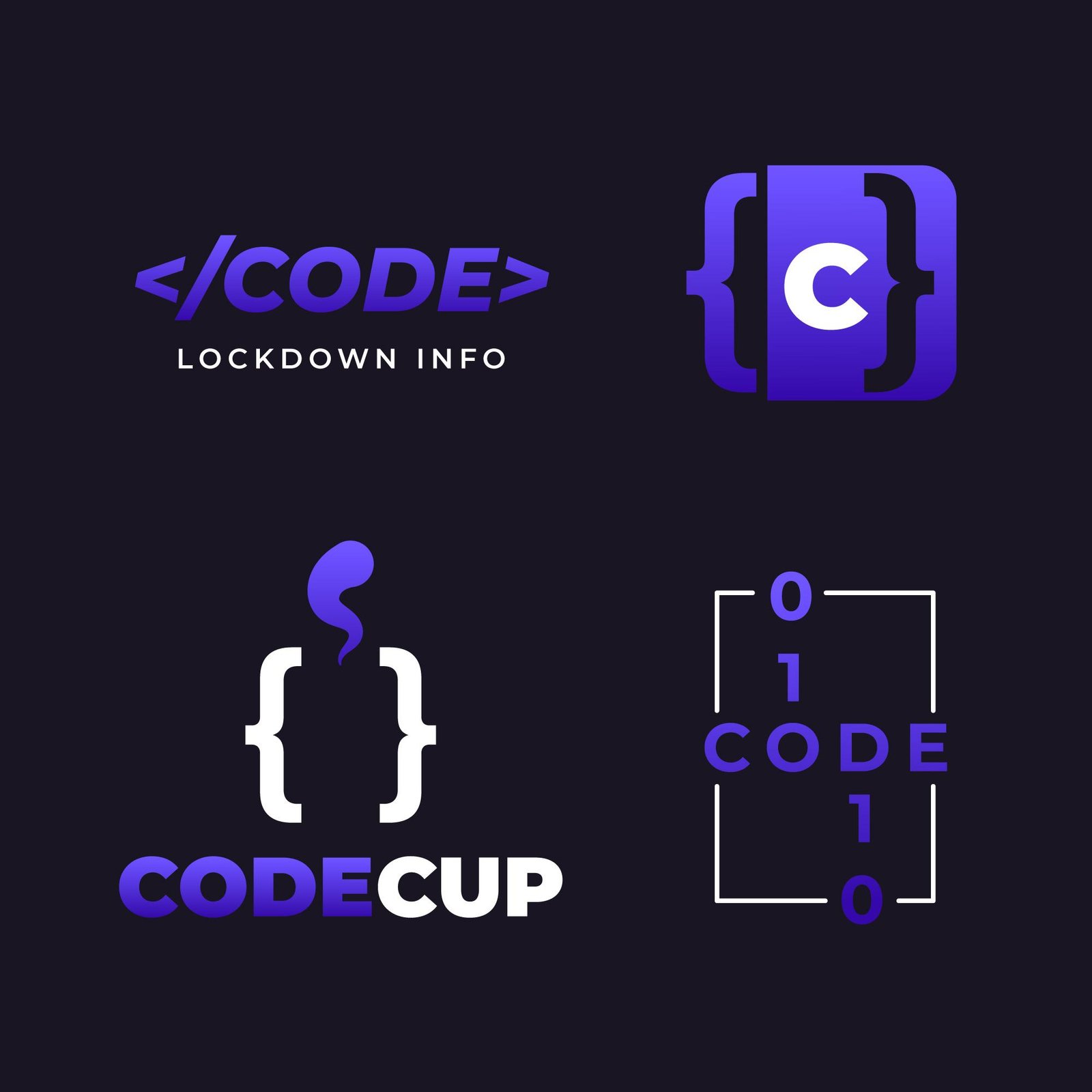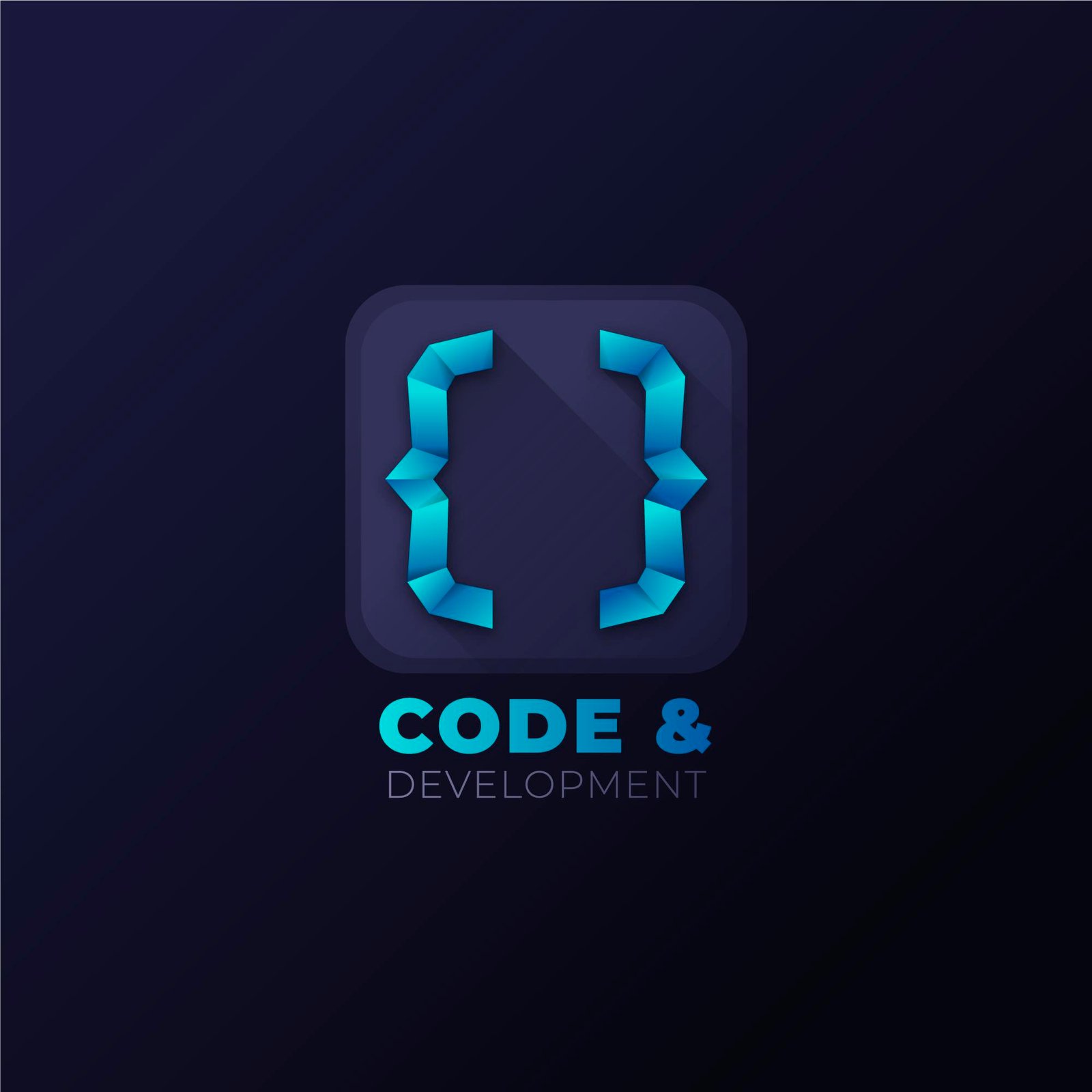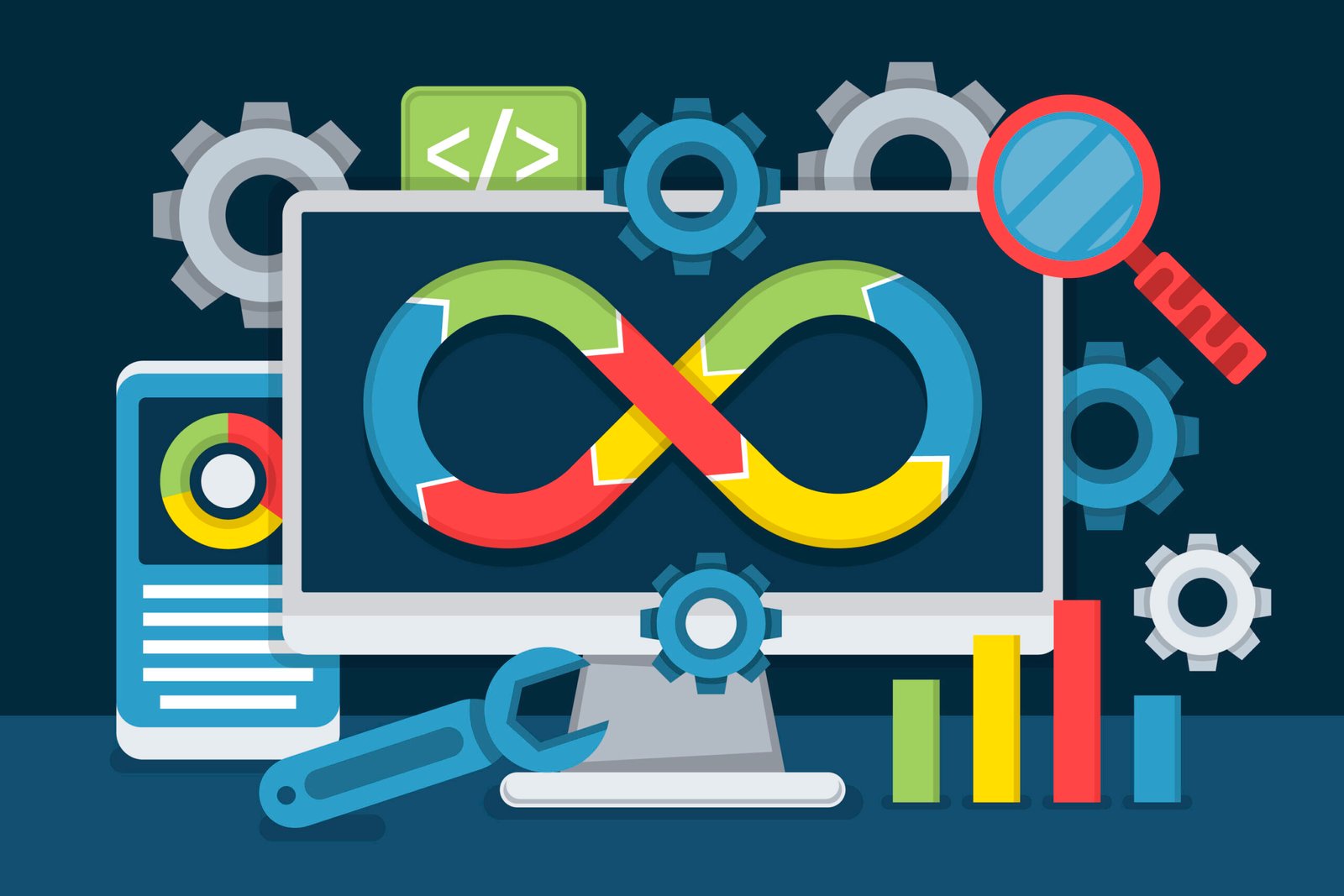Pointer arithmetic
Pointer arithmetic Pointer arithmetic operation in C language is a basic fundamental programming concept in languages like C and C++. In which direct C program variable memory management features are available. It allows the C programmer to manipulate the memory addresses stored in pointers to efficiently navigate and manage array and other data structure operations.…










